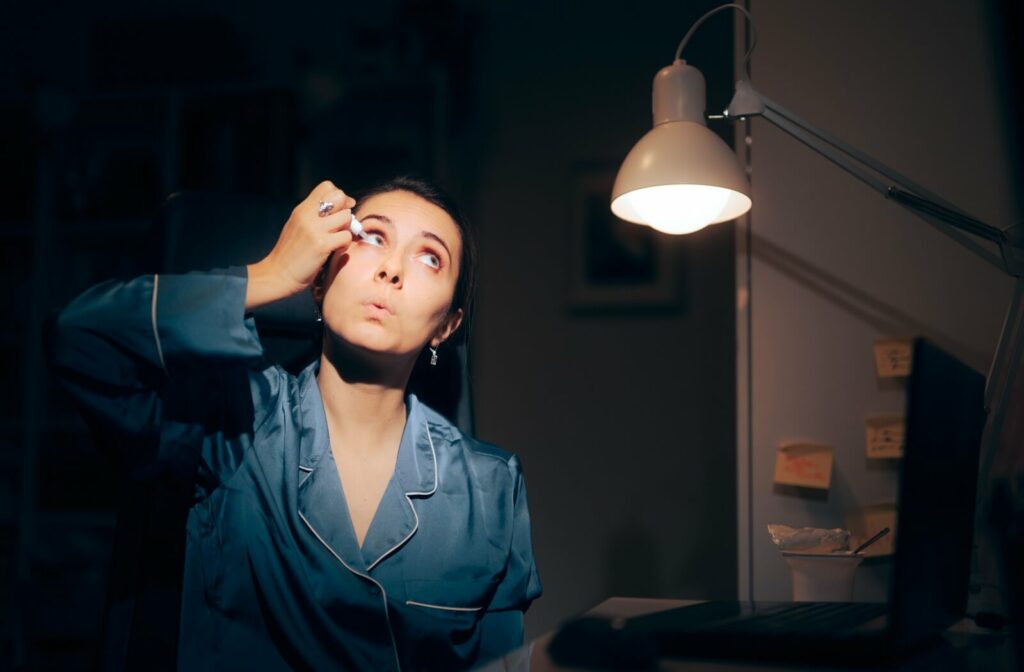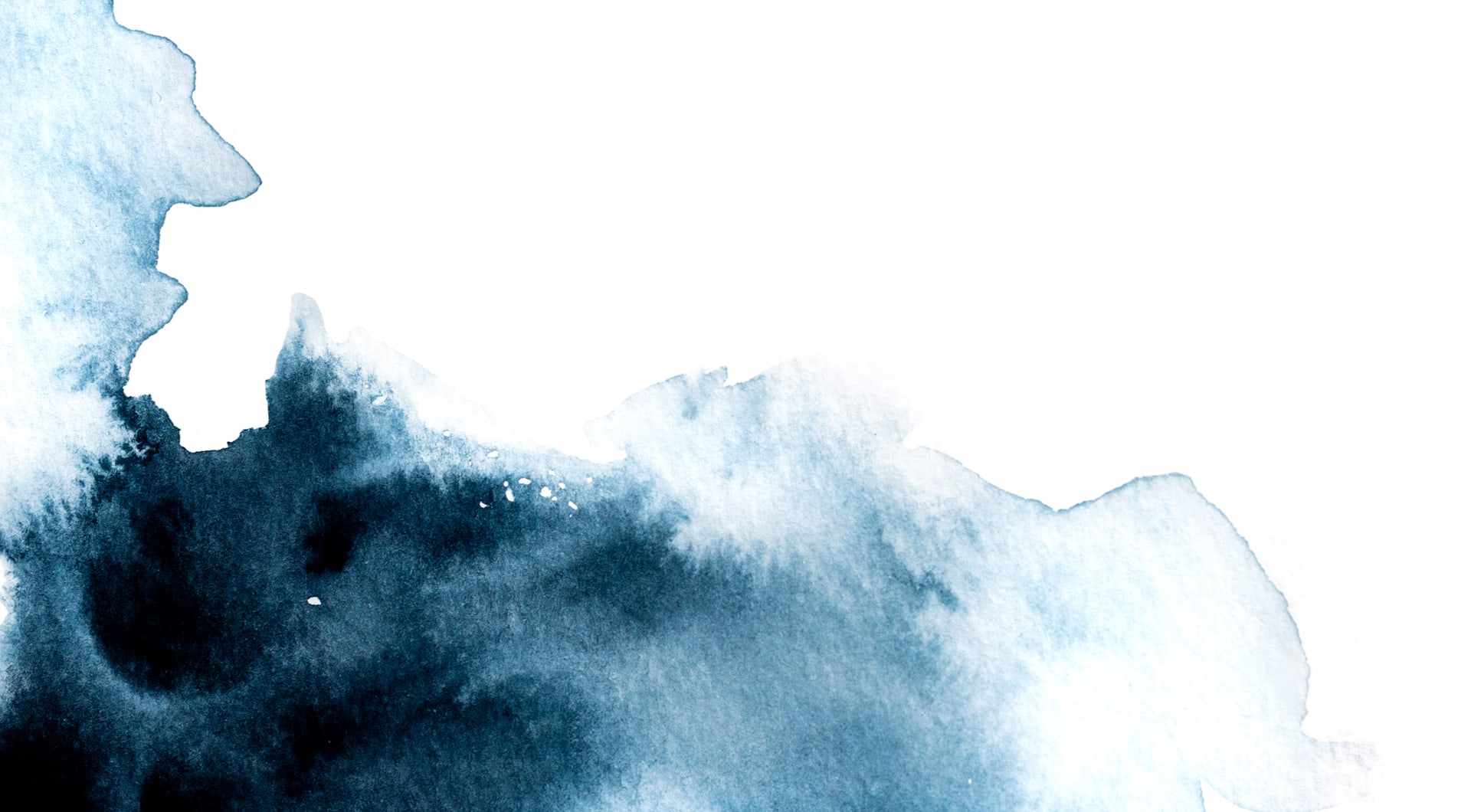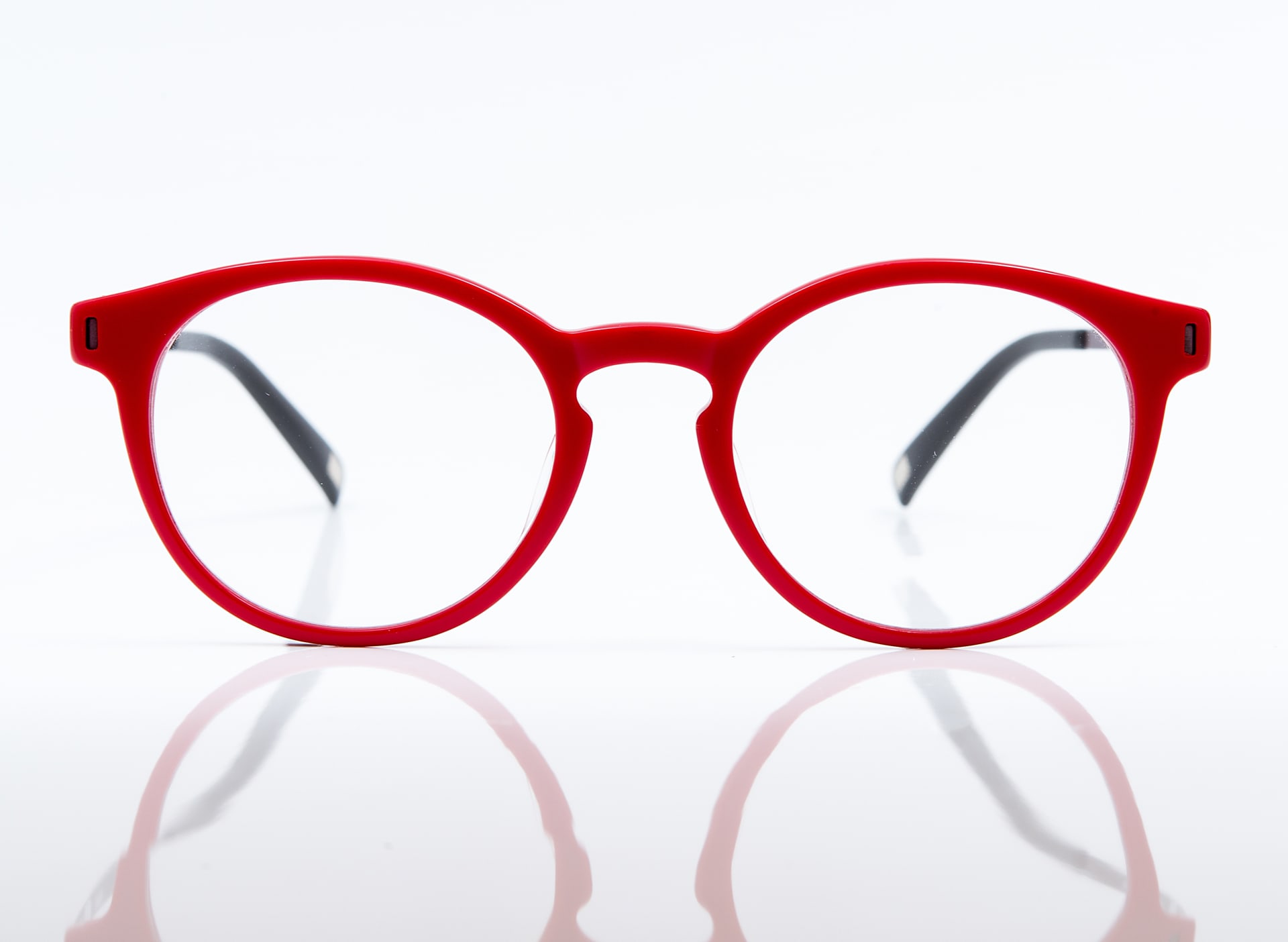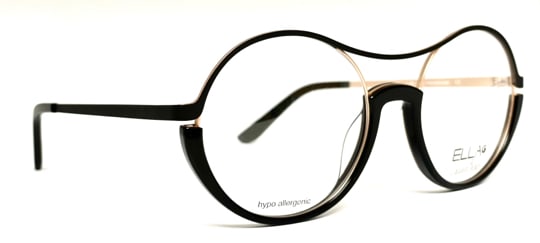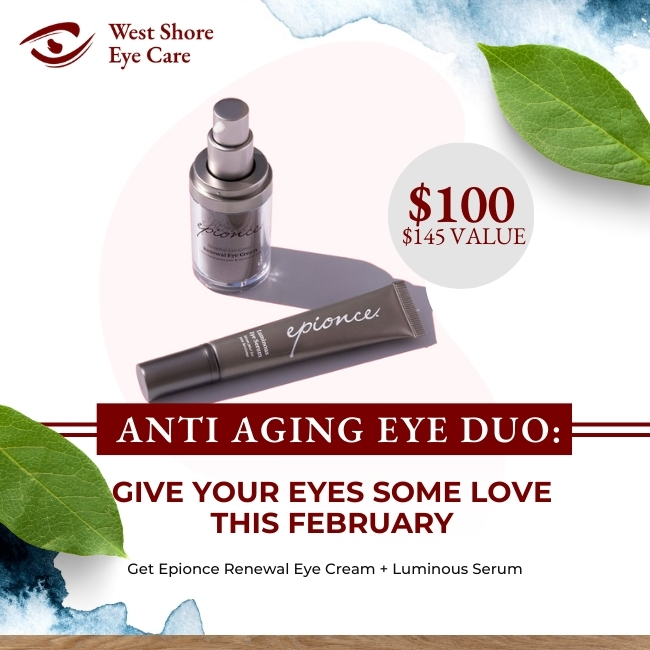Have you ever wondered why your eyes feel like a desert at night? You’re not alone. Many adults suffer from dry eyes, especially at bedtime. Dry eye symptoms often develop at night due to low humidity in your room. The condition can become chronic when your eyes have reduced tear production or poor tear quality. An optometrist can help you determine a treatment plan that best supports your eyes at night. Still, you can start at home by using a humidifier, staying hydrated, and properly cleaning your eyelids.
What Causes Dry Eyes at Night?
Dry eye is a condition that affects the quality or quantity of tears needed to keep your eyes comfortable. Your tear film is responsible for providing that comfort. The tear film covers the surface of your eyes and uses three essential ingredients to maintain its stability and comfort your eyes: mucus, water, and oil.
Certain medical conditions, such as Sjögren’s syndrome, rheumatoid arthritis, and diabetes, can affect tear production. These conditions make it difficult for the eyes to produce enough tears, leading to dryness, especially at night when tear production naturally decreases.
We can be even more susceptible to dry eye symptoms in the evenings, primarily because of:
- Environmental Factors. Low humidity levels, especially in heated or air-conditioned rooms, can lead to eye moisture loss. Additionally, using fans or sleeping with windows open can exacerbate this issue by drying out the air even more.
- Electronic Devices. Staring at screens before bed is another culprit. The blue light emitted by phones, tablets, and computers can disrupt sleep patterns and reduce blink rates, leading to dry eyes. Prolonged screen time can also strain your eyes, making them more susceptible to dryness.
Waking Up with Dry Eyes
The opposite side of experiencing dry eyes before bed is symptoms first thing in the morning. Various reasons—from environmental and behavioral to medical—can cause you to wake with dry eyes; however, they’re more related than you may think.
Your bedroom environment plays a significant role. Just as low humidity levels can impact moisture loss before bed, they can affect your eyes overnight, resulting in symptoms in the morning. Waking up with dry eye symptoms can also be caused by the following:
- Poor Sleep Quality. If you’re not getting enough restorative sleep, your body may struggle to produce tears to moisten your eyes. Improving your sleep hygiene can have a positive impact on your eye health.
- Allergies. Pollen, dust mites, and pet dander can irritate your eyes, leading to dryness and discomfort. Using allergy-friendly bedding and maintaining a clean sleep environment can help reduce these symptoms.
- Eyelid Issues. Some eyelid issues that may lead to dry eye include blepharitis, an inflammation of the eyelids, and meibomian gland dysfunction, which prevents the gland in your eyelids from producing enough oil to prevent your tears from evaporating too quickly.
Lagophthalmos
Lagophthalmos is a condition characterized by the inability to fully close the eyelids, which can lead to exposure-related complications such as dryness, irritation, and potential damage to the cornea. This condition can result from various causes, including facial nerve paralysis, trauma, or surgical procedures affecting the eyelids.
Patients with lagophthalmos may experience symptoms like excessive tearing, a gritty eye sensation, and increased sensitivity to light. Treatment options often focus on protecting the eye surface, including lubricating eye drops, moisture goggles, or surgical interventions to improve eyelid closure and prevent further ocular complications.
CPAP Nighttime Dryness
Surprisingly, using a CPAP (Continuous Positive Airway Pressure) machine for sleep apnea can sometimes lead to nighttime dryness, particularly affecting the mouth and nasal passages. This dryness occurs because the pressurized air delivered by the CPAP can cause moisture to evaporate more quickly from these areas, leading to discomfort and irritation.
How Can I Keep My Eyes from Drying Out at Night?
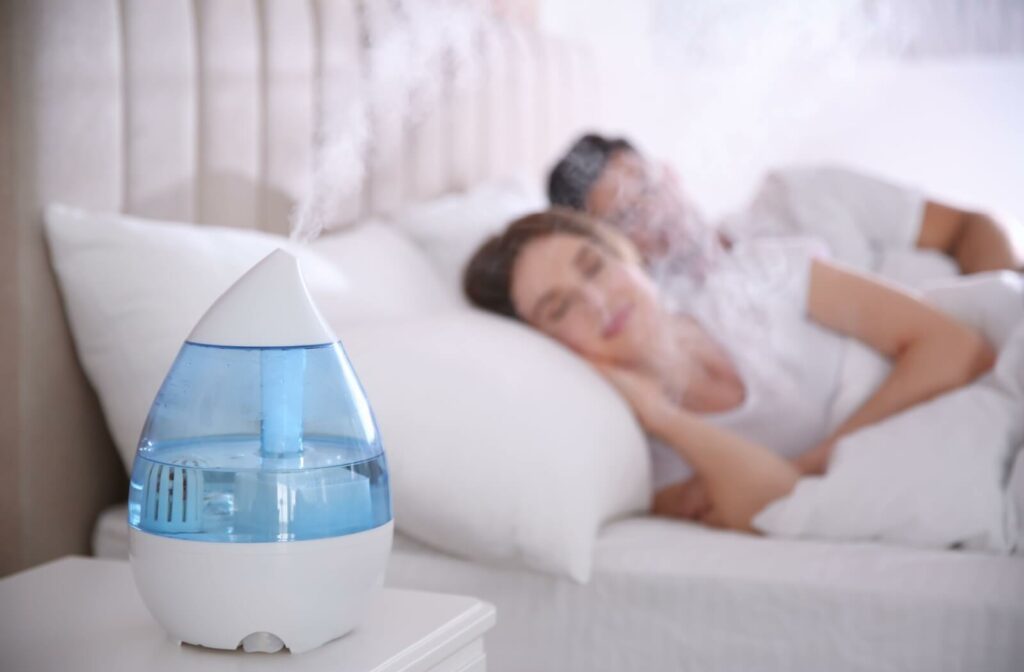
Fortunately, several strategies can be employed to prevent dry eyes at night. Adding a humidifier to your bedroom can help maintain optimal humidity levels. This device adds moisture to the air, reducing the likelihood of your eyes drying out. It’s a simple yet effective way to improve your sleep environment.
Over-the-counter artificial tears can provide immediate relief. Lubricating eye drops before bed can keep your eyes moist throughout the night. Look for preservative-free options to avoid any potential irritation. Reducing screen time before bed can also help.
What Is the Best Nighttime Treatment for Dry Eyes?
Finding the best treatment for nighttime dry eyes involves a combination of methods tailored to your needs.
- Prescription Medications. Your doctor can prescribe eye drops that reduce inflammation or increase tear production, providing more long-term relief.
- Warm Compresses. Applying a warm compress to your eyes before bed can help open up oil glands and improve tear quality.
- Specialized Eye Masks. Eye masks designed for dry eyes can offer additional comfort. These masks provide consistent moisture and warmth, helping to keep your eyes hydrated throughout the night.
Working with your optometrist to determine the holistic treatments that best suit your eyes can most effectively relieve dry eye symptoms.
What Are Very Dry Eyes a Symptom Of?
Dry eyes can be a symptom of underlying health issues, such as diabetes, lupus, and rheumatoid arthritis, which can significantly reduce tear production. These conditions require medical intervention to manage both dry eyes and the underlying disease.
If you experience persistent symptoms, severe discomfort, or an ongoing significant impact on your daily life, seeking professional help to manage your dry eye symptoms is essential. During a comprehensive eye exam, your optometrist can determine if your dry eye symptoms are the root of something more serious.
West Shore Eye Care specializes in caring for dry eye patients because we understand that dry eye symptoms are more than just a minor annoyance. Contact us today to see how we can help alleviate your symptoms.


